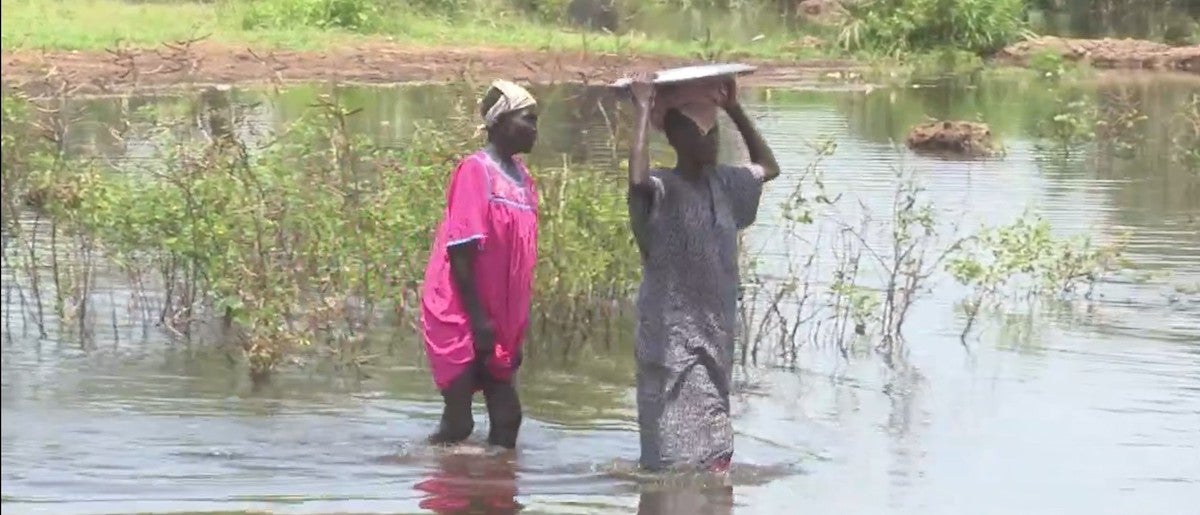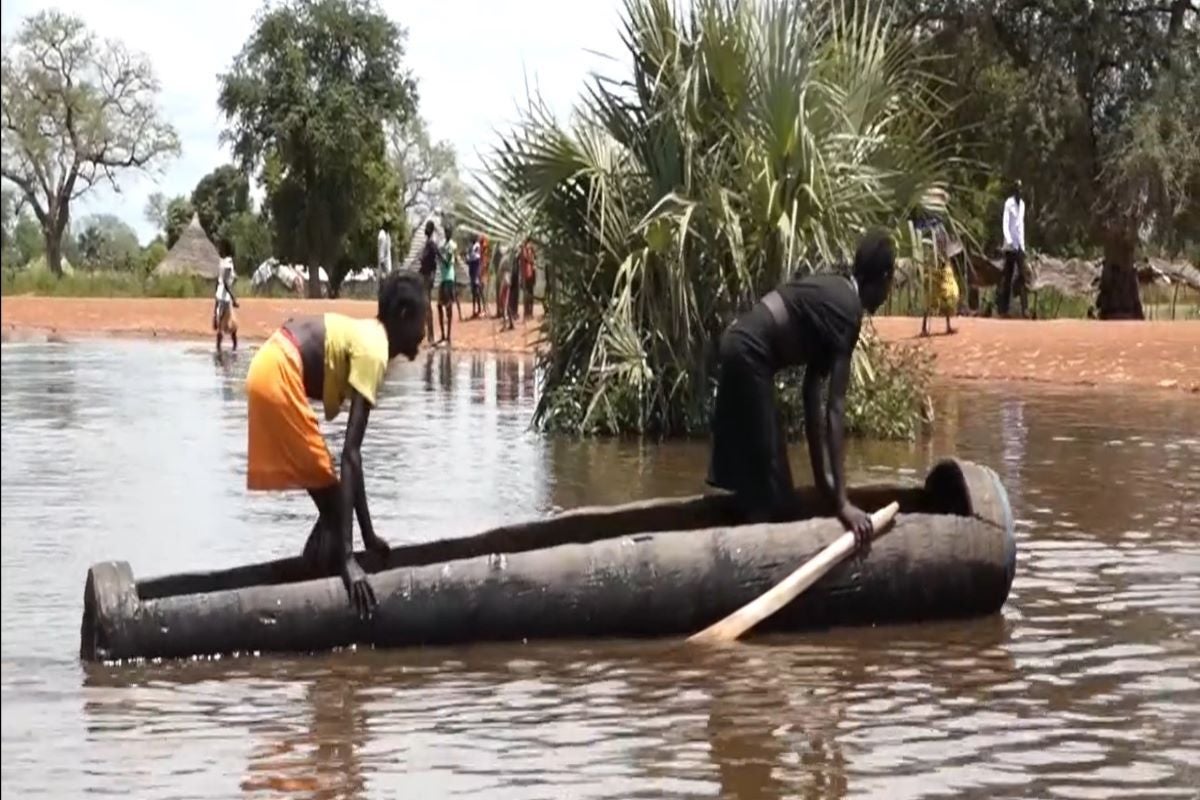From crisis to empowerment: Gender in Humanitarian Action Training transforms humanitarian efforts in Malakal
Date:

Malakal, a city in Upper Nile, has faced immense challenges due to wars and climate change, severely impacting women, children, and vulnerable groups. With looming floods adding to the existing dire situation, UN Women, in collaboration with OCHA and the Ministry of Humanitarian Affairs and Disaster Management , organized a Gender in Humanitarian Action (GIHA) training in Malakal. The training aimed to strengthen the capacity of humanitarian actors to address the specific needs of different genders during crises.
During the training, Anger Mading Achuil, a Woman Leader from Malakal stressed the critical importance of integrating gender considerations into humanitarian responses. "Women carry a heavier burdens in crises and have an increased need for assistance," she noted, underscoring the disproportionate impact of crises on women. Achuil shared heart-wrenching examples, such as the agonizing decisions mothers must make during floods, often having to choose which child to support while also carrying essential supplies.
Achuil also highlighted profound cultural barriers that impede assistance to vulnerable groups, particularly people with disabilities. She recounted sobering stories from the 2013 war, where disabled individuals were unable to flee to protection camps due to their disabilities and were largely neglected. These stories serve as stark reminders of the unique challenges faced by disabled individuals in crisis situations.

The training in Malakal stands as a beacon of hope for humanitarian actors and the community. It underscores the need to respond with empathy and understanding to the diverse needs of women, children, and disabled individuals. By equipping participants with the knowledge and skills to address these specific needs, the training aims to improve the effectiveness and inclusivity of humanitarian efforts in Malakal and beyond.
Through this initiative, Malakal is taking crucial bold steps toward ensuring that humanitarian responses are gender-sensitive and inclusive, ultimately fostering a more resilient and supportive community for all its members.